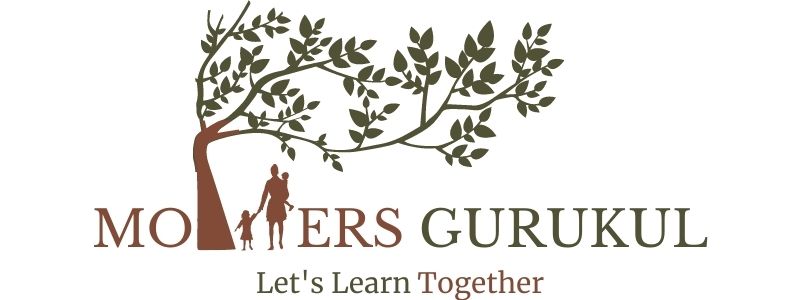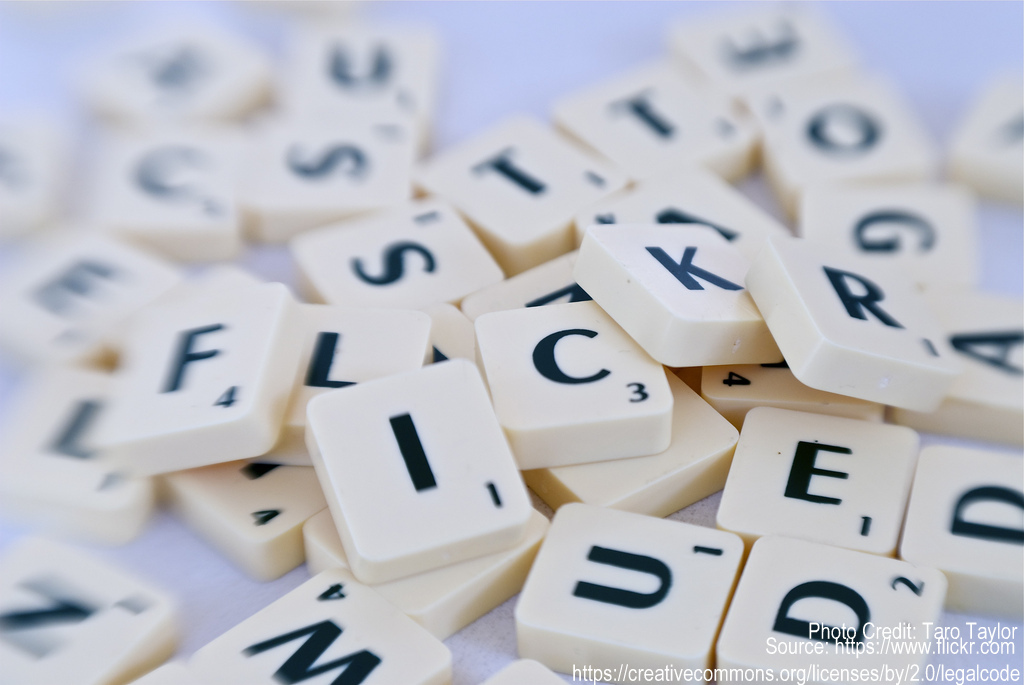First words, first step, first flip, first tooth is always special. When s(he) gets the first tooth, we keep looking at it time to time as if it is soon going to disappear. When our baby flips for the first time we keep taking pictures and videos. When our infant utters “Mamaa” for the first time,that’s the first word in his/her vocabulary. And for us it is an unforgettable moment. Very soon they start picking up words from their surroundings, learn to relate words, develop an understanding that words have meaning and they are used to express what we feel. From the first cooing sounds our infant makes in response to a tickle to the first words in their vocabulary list of toddler hood, we get delighted at each step of our child’s progress. The vocabulary building or language growth children accomplish during these first few years has a lifelong impact, and children cannot progress without the nurturing, guidance, and modeling of appropriate language use by the adults around them. So, how to help your child in vocabulary building?
- Talk, talk and talk– Yes. That is the first and foremost requirement. We are the first “language models” for children. Just keep talking until you get bored of your own voice.. 🙂 Jokes apart. If you will talk then only kids will know what represents what. And this will develop their vocabulary.
- Meaningful conversation: Don’t think that what my infant will understand? Infants learn most of the stuff from our expressions. Why do they smile all the time? Because that what they have seen us doing all the time. That’s why they pass a smile the minute they see us or their sibling or any known face.
- Speak slowly: Try not to talk very fast. Let them grasp what you have just said. Once the child step into toddler phase try to find concrete examples of new words whenever possible to make meaning more clear.
- Relate words to real life experiences: Make them meaningful and make connections with new vocabulary.
- Sing rhymes, tell stories: They learn a lot from singing and listening to stories. Also, Read. A lot! Read all sorts of books, signs on the wall, directions, recipes. A wide variety of reading material will expose kids to a wide variety of new words.
- Limit screen time: Encourage family discussions. Turn off the TV and talk. One of the best places is the dinner table. That’s one of the few times an entire family is together. Now days, parents turn on TV if the child is getting fussy. I know that’s an easy way out but for the child at early stages of learning it is not an appropriate option. Instead, try to distract him/her by saying something else. When they watch TV instead of communicating with us then it’s a one way conversation. When we talk to them there is question-answer.
- Get friendly with the nature: Mother Nature has so much to give. Kids love being out. Show them the natural beauty. Take them on walks. Talk to them as you take walk together. Explain them what they see like trees, sky, flowers, cars etc. Even if your child is not talking but he is listening to your talks. Everything is recorded in their little but curious brain.
- Socializing: They say, it takes a village to raise a child. Very true. Today, most of us live in nuclear family setup. Friends are like our extended family. Try to meet them, let the kids mingle with other kids. If possible take your child to story time sessions.
Children listen, then use words, then read them, and, finally, write them. As a parent, we have the privilege of watching the stunning language growth that occurs from birth through a child’s early years. Parents who talk to their children, and who encourage interaction will lay a healthy platform for academic success. And children will quickly realize that words can be exciting and interesting.


